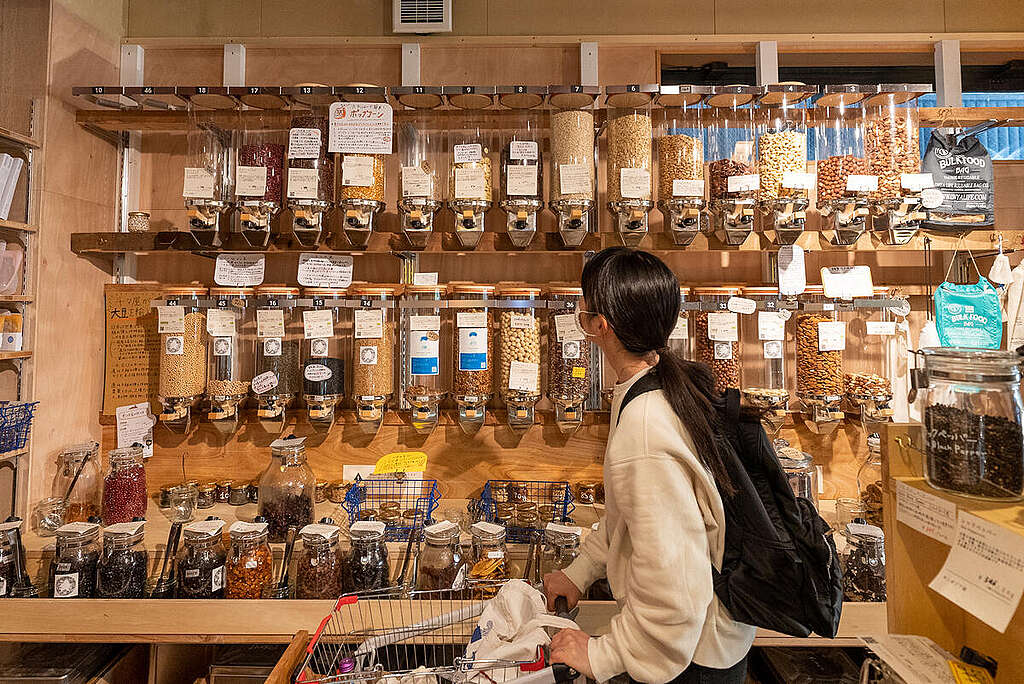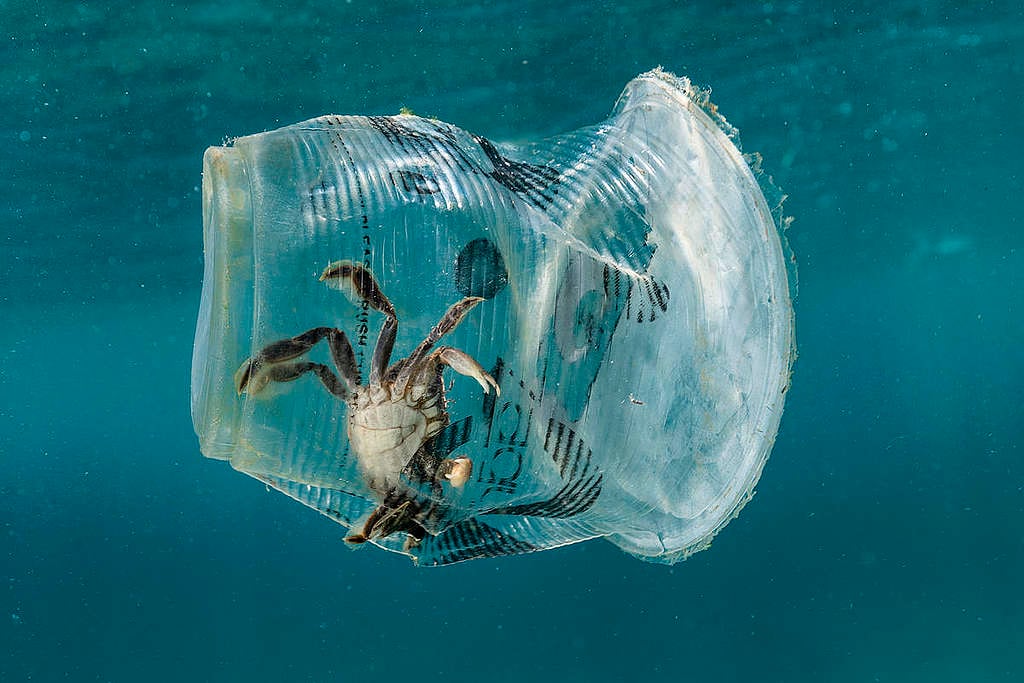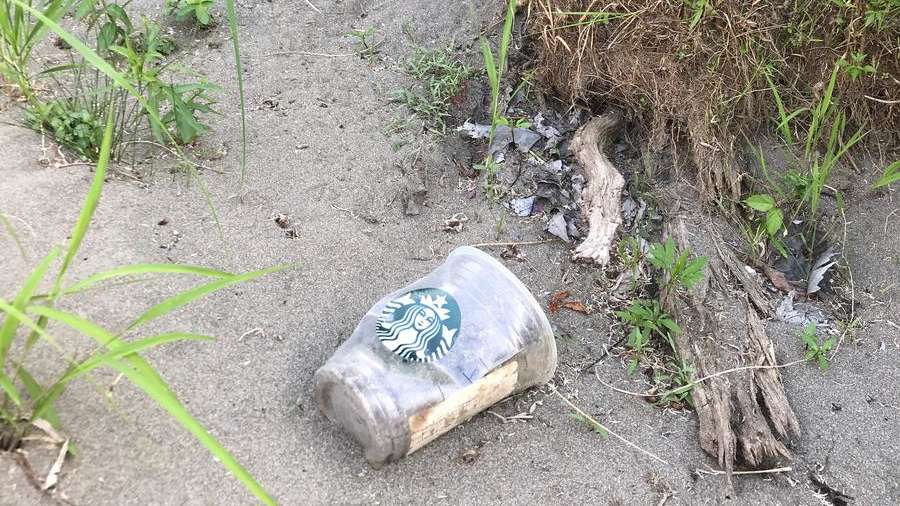Most people love them? That’s one way to look at it, but believe it or not, bath bombs, ice cream, and reusable coffee cups have an important role to play this coming November, and it could make a big difference in the future of our planet.
The race is on to secure a Global Plastics Treaty that caps plastic production and protects people and the planet
Since 2022, governments around the world have been negotiating a Global Plastics Treaty that aims to address the plastic pollution crisis. The science about what we need to do to solve this problem is clear: turning off the tap to stop runaway plastic production is the most effective way to protect the climate, biodiversity, and our health. Sounds straightforward right? But time is running out, and the fossil fuel industry and some governments are doing everything possible to weaken the treaty’s ambition. If they have their way, and business as usual continues, plastic production could triple by 2050.
The series of negotiations to agree on a Global Plastics Treaty, known as the Intergovernmental Negotiating Committee (INC) meetings, began in Uruguay, followed by France, Kenya, Canada. The INC-5 in Busan, South Korea at the end of November will be the final round of these negotiations, and if countries can secure a strong treaty that caps plastic production and directs a clear pathway to a reuse-based society, the world will have a real chance to solve the plastic pollution crisis.
Many countries are already committed to ending plastic pollution worldwide. The Bridge to Busan declaration, signed by 39 countries, shows support for an agreement that cuts global plastic production to limit global temperature increase below 1.5° C. And whilst many countries have implemented various plastic bans at the consumer level, such as no plastic bags, straws, or takeaway containers, what about the responsibility of the business sector?
Leading businesses must champion a strong and ambitious Global Plastics Treaty

Whether we like it or not, businesses are at the forefront of plastic pollution – not only as the main producers and users of single-use plastic but also as innovators and adopters of alternatives and solutions. Many companies already know that ditching plastics isn’t just good for the environment, it’s good for business, too! In fact, research has found that zero-waste approaches create over 200 times more jobs than disposal-based systems that primarily burn or bury waste.
There is no better time for forward-thinking businesses around the world to send a strong message to their national governments that they support the creation of a truly ambitious, legally binding Global Plastics Treaty that seeks to reduce plastic production and end pollution across the full lifecycle of plastics.
That’s why we’re excited to announce that over 350 progressive companies and businesses from around the world have joined Champions of Change, an initiative of Greenpeace, Break Free From Plastic, and the Plastic Pollution Coalition. This global initiative is a platform for companies to leverage their influence with one common demand for the world’s governments: to negotiate an ambitious Global Plastics Treaty that will drastically cut plastic production and enable a truly circular economy. By bringing together reuse and refill shops, low-plastic and plastic-free brands, and companies actively working to operate without contributing to the plastic crisis, the aim is to demonstrate that ending the age of plastic doesn’t conflict with a healthy business landscape.
And this is where bath bombs, ice cream and reusable coffee cups come in.
Lush, Ben & Jerry’s, reuse business alliances like New ERA and many other companies around the world have signed an open letter urging governments to negotiate a strong treaty that reduces plastic production and incentivises the roll out of reuse and refill systems.
INC-5 is our once-in-a-lifetime opportunity to address plastic pollution at source and bring about long-lasting systemic solutions that put people and the planet first.
Companies, if you believe in a cleaner, and less polluted future, we invite you to join fellow business leaders for a strong Global Plastics Treaty by becoming a Champion of Change and signing the open letter!
Not a business? Not a problem! You can sign a petition to show your support for an ambitious Global Plastics Treaty. We couldn’t have made it this far without you. Let’s keep going together until we win!
Louise Edge is a Global corporate campaign lead at Greenpeace UK.

Let’s end the age of plastic!
Ask world leaders to support a strong global plastic treaty that addresses the whole life cycle of plastic.
Source link
Louise Edge www.greenpeace.org

